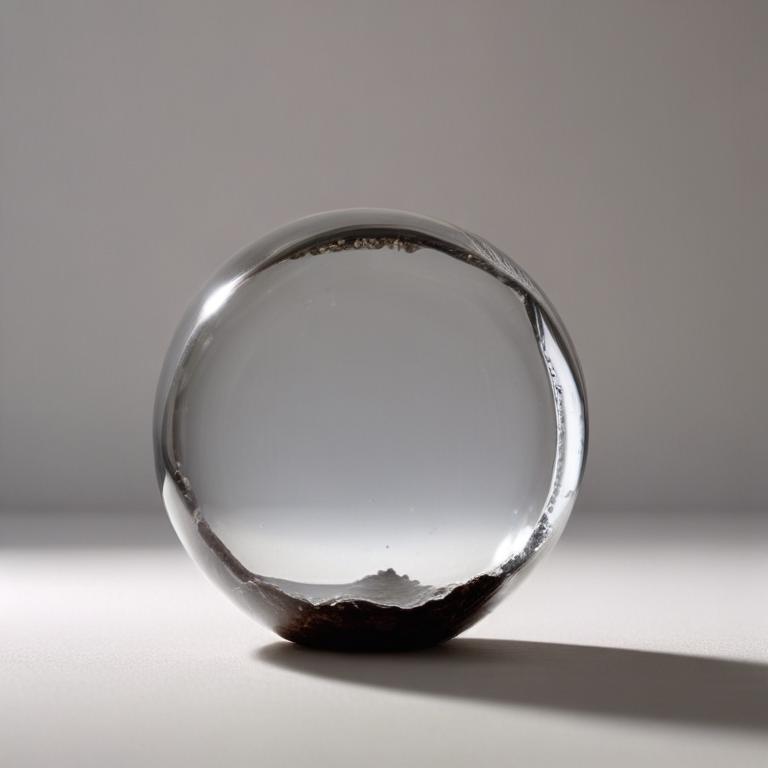发音 (Pronunciation):
IPA: /bɪˈɡæn/
中文近似: 比干
中文意思与词性 (Meanings & Part of Speech):
- 开始 (v.)
- 起始 (信息待补充)
例句 (Examples):
1. He began to learn English last year.
(他去年开始学习英语。)
2. The meeting began at 10 AM.
(会议在上午10点开始。)
用法提示 (Usage Tip):
注意 'began' 是 'begin' 的过去式,常用于描述过去的动作。
更多关于 "began" (More about "began")
单词来源 (Etymology)
来源于古英语 'beginnan',意为开始或着手。
词根词缀解析 (Root & Affix Analysis)
词根词缀解析待补充。
“began”的字母与词根个性化解读
字母象形/引申义 (个性化参考)
- 字母 'b' 的象形或引申含义可能包括: 拟声 (爆破声, bang -> 爆); 两间屋子 (腓尼基象形) -> 分开, 房屋相关 (bed, build); 棒子; 鼓起来, 圆; 生命/分开; 音变: B=P=M=F=V。
- 字母 'e' 的象形或引申含义可能包括: 眼睛 (窗户符号引申); 向外 (ex-变体); 元音互换: A=E=I=O=U=W=Y。
- 字母 'g' 的象形或引申含义可能包括: C的分化 (动, 头, 重要, 包围); 生长孕育 (土地); 走; 音变: G=K=C=H=J=Y。
- 字母 'a' 的象形或引申含义可能包括: 牛角 (象形: 牛头, 力量, 能力); 下面宽上面尖 (形状) -> 延伸, 远处, 高处, 方向, 指示。
- 字母 'n' 的象形或引申含义可能包括: 水 (M=N); 鼻音 (nose); 突出/生长/新生; 门 -> 否定 (no, not); 连接; 音变: N=M=L=R。
学习提示:以上针对单词 began 的字母和词根解读,主要基于提供的特定象形及词根资料。这些提示旨在启发联想,而非绝对定论。更通用的记忆规则和原则请参考首页。英语词源复杂多变,实际应用中请结合更全面的词源词典和语言学知识进行深入学习。
常用词组 (Common Phrases)
- it began to rain: 开始下雨
- the show began: 演出开始
其他语言 (Other Languages)
- 德语: begann
- 法语: commença
字母整体创意联想
单词 'began' 的形状像是一个人开始行动,'b' 代表开始,'e' 是鼓励,'g' 是向前走,'a' 是向上,'n' 是继续。
逐字母创意解读
中文谐音助记
‘比干’ -> ‘比’较早的开始,‘干’是动词,表示行动。
相关电影/名言
"And so it began."
(就这样开始了。)
- 《电影名称》(年份) 信息待补充
趣味知识/故事
‘began’ 是一个常用的动词,很多时候用来描述事情的起始阶段,常见于故事或历史叙述中。
拓展信息
‘began’ 是不规则动词 'begin' 的过去式,通常用于谈论过去的事情。
在日常对话中,常用来描述某个活动、事件或过程的开始。
网络参考 (More about "began" from the Web)
Began vs. Begun: What's the Difference? - Writing Explained
Learn how to use began and begun correctly in past tense and past participle forms of the verb begin. Began is simple past and not used with helping verbs, while begun is past participle and always needs a helping verb.
What is the difference between 'began' and 'begun'? - Merriam-Webster
Learn the difference between the simple past tense of begin (began) and the past participle of begin (begun) with examples and tips. Find out when to use begun after have and when to avoid it.
Begin or Began? Which is Correct? - Grammarflex
began vs. begun. The first sentence uses began, which is the simple past conjugation.We communicate in the simple past to refer to actions or events that took place entirely in the past. The past participle form is begun.It's clear when a participle vs. a simple tense is in use because participles come with auxiliary verbs to create perfect or continuous tenses in grammar; such as the past ...
更多图片 (began More Images)

